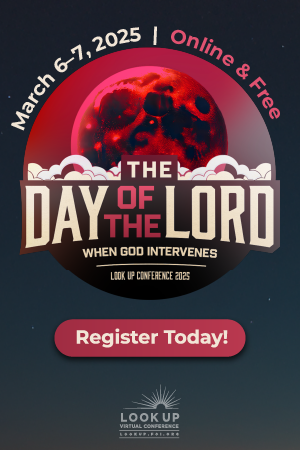Excuses, Excuses
Some people object to studying prophecy because they claim it is “too deep” and difficult to understand. Nonsense. For example, in Revelation 6:2, the apostle John wrote, “And I looked, and behold, a white horse. He who sat on it had a bow; and a crown was given to him, and he went out conquering and to conquer.” Which words are difficult to understand?
If you don’t know where to begin in Revelation, start with chapters 6, 8,—9, and 16 because these are the places where three series of judgments are described. No one should dismiss prophecy because he thinks it is too difficult to understand.
Others make the excuse that prophecy is something new Christians do not need to know. Why not? You tell them they need a Savior who died for them, who is God. Can you explain the God-Man? That is a difficult thing to do. We should encourage new Christians to read and understand as much as they can. As the years go by, they’ll understand more.
Two of Paul’s earliest epistles are 1 and 2 Thessalonians. Both are loaded with prophecy. Paul was in Thessalonica little more than four weeks (Acts 17:2), yet he taught the people there about future things (eschatology).
And when the Thessalonians sent questions to him, Paul reminded them, “Do you not remember that when I was still with you I told you these things?” (2 Th. 2:5). So don’t use the excuse that prophecy is too difficult or suitable only for mature Christians. Neither is true.







